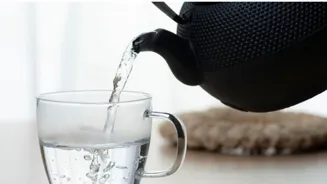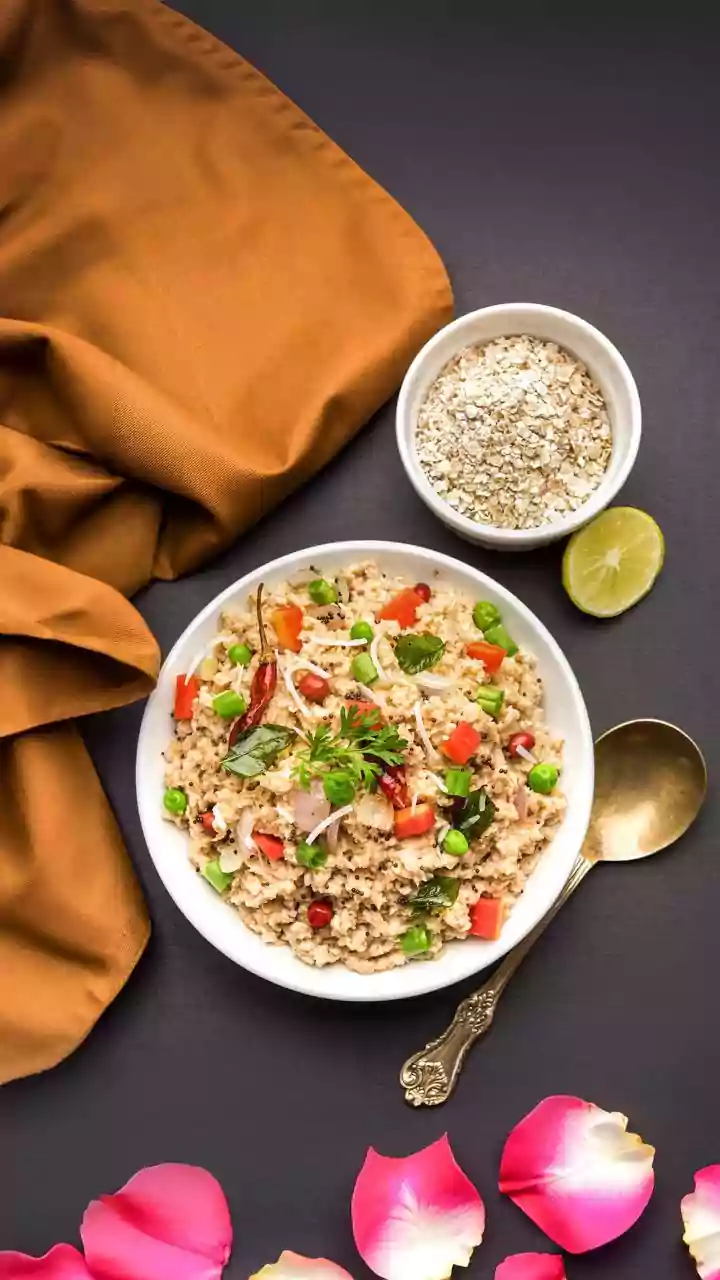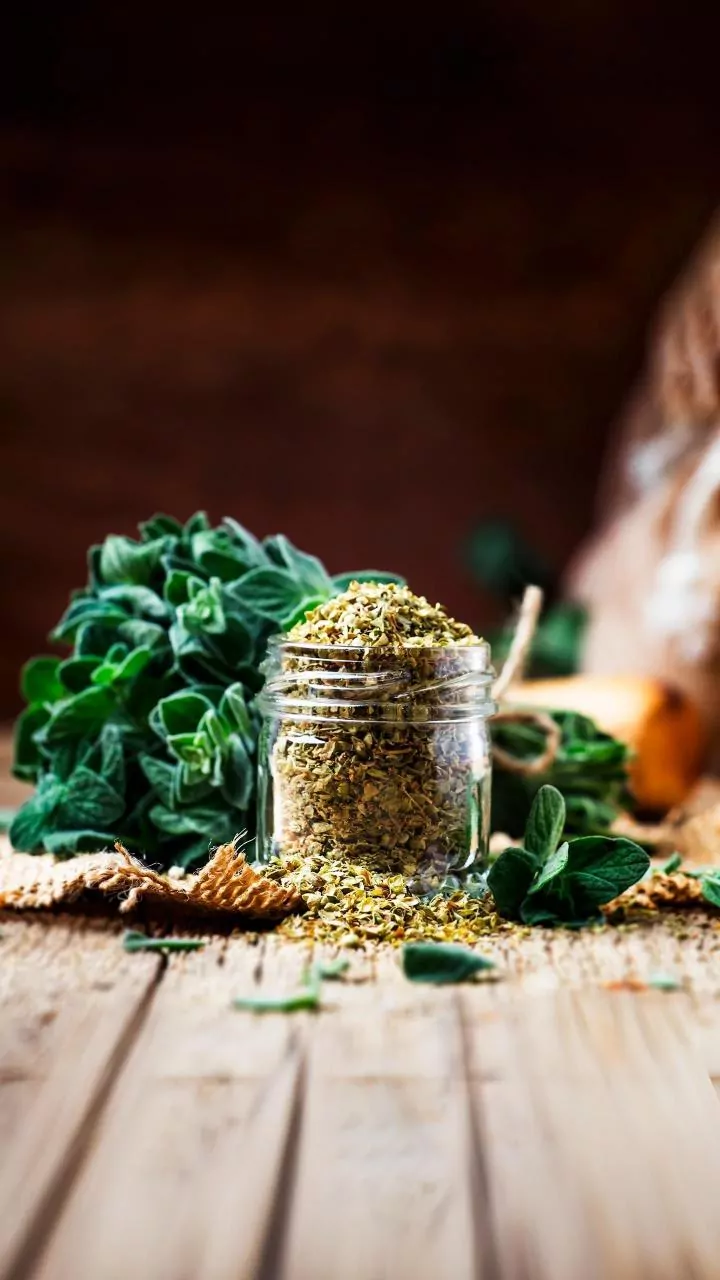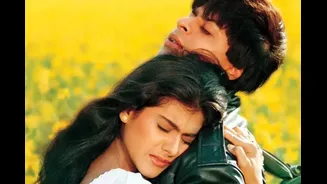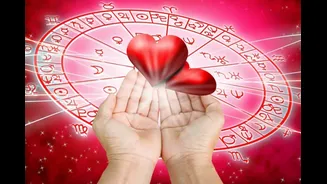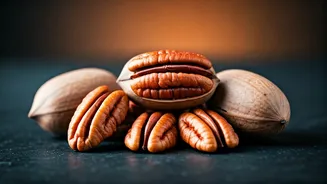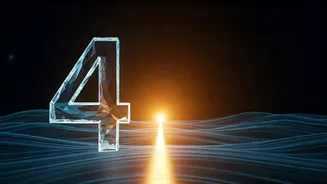A steamy cup of water feels like a warm hug on a damp monsoon morning. Families across India swear by it for immunity and digestion, and many doctors recommend warm sips to ward off seasonal infections.
But what if that comfort is quietly eroding your bones?
Emerging research and traditional wisdom suggest that excessively hot water, consumed in large amounts during the humid monsoon, may leach essential minerals from your body, including calcium, the building block of strong bones.
During the rains, humidity rises and the body’s natural cooling system struggles to maintain balance. Hot water is believed to improve circulation, aid digestion, and flush out toxins.
Ayurveda encourages lukewarm or mildly warm water to pacify vata and kapha doshas, both aggravated by damp weather. But the line between warm and too hot is often crossed when people keep flasks of boiling water by their side all day.
The Science of Bone Mineral Loss
Our bones act as reservoirs for key minerals, especially calcium and phosphorus. To keep them strong, the body needs a steady supply of these nutrients and an internal environment that prevents unnecessary loss. Overconsumption of very hot water can trigger subtle imbalances:
- Dilution of gastric juices: Constant intake of near-boiling water may neutralize stomach acid, impairing the absorption of calcium and magnesium.
- Thermal stress on kidneys: High-temperature fluids can increase urine output and mineral excretion, slowly lowering calcium levels.
- Acid-base disruption: Repeated exposure to high heat may nudge the body’s pH toward slight alkalinity, prompting the body to draw minerals from bones to maintain equilibrium.
These effects are gradual, but over months and years, especially during monsoon seasons when people habitually drink more hot water the risk compounds.
Indian Health Experts Weigh In
Nutritionists caution that while warm water aids digestion, boiling-hot water is unnecessary and potentially harmful. Orthopedic specialists note an uptick in early osteopenia (low bone density) in adults who pair high caffeine or hot-water habits with low dietary calcium.
Ayurvedic practitioners echo this, recommending water that is garm (comfortably warm) rather than tapt (scalding).
Signs Your Body Might Be Losing Minerals
The symptoms of mineral depletion are subtle at first:
- Frequent muscle cramps
- Brittle nails
- Dental sensitivity
- Unexplained joint pain
- Fatigue despite adequate sleep
These can easily be mistaken for seasonal aches or low immunity, delaying intervention.
Smarter Hydration Habits for the Monsoon
- Choose lukewarm over boiling: Aim for water that feels soothing, not scalding, around 40–50°C is ideal.
- Balance your diet: Include calcium-rich foods like ragi, sesame seeds, and leafy greens, along with vitamin D from sunlight or supplements.
- Alternate with room-temperature water: Let the body’s natural thermoregulation work.
- Limit continuous sipping: Instead of sipping hot water throughout the day, have small amounts after meals or when chilled.
Why Moderation Matters
The monsoon already taxes the body’s electrolyte balance through humidity and perspiration. Overheating it with constant hot water adds another stressor, forcing kidneys and bones to work harder to maintain mineral levels.
Hot water in the rainy season is not the villain, excess and temperature are. A gentle warmth can aid digestion and immunity, but a constant stream of near-boiling water may slowly drain the calcium bank that keeps your skeleton strong. Enjoy that soothing sip, but let it be warm, not scalding, and pair it with a diet that replenishes what your body needs.
